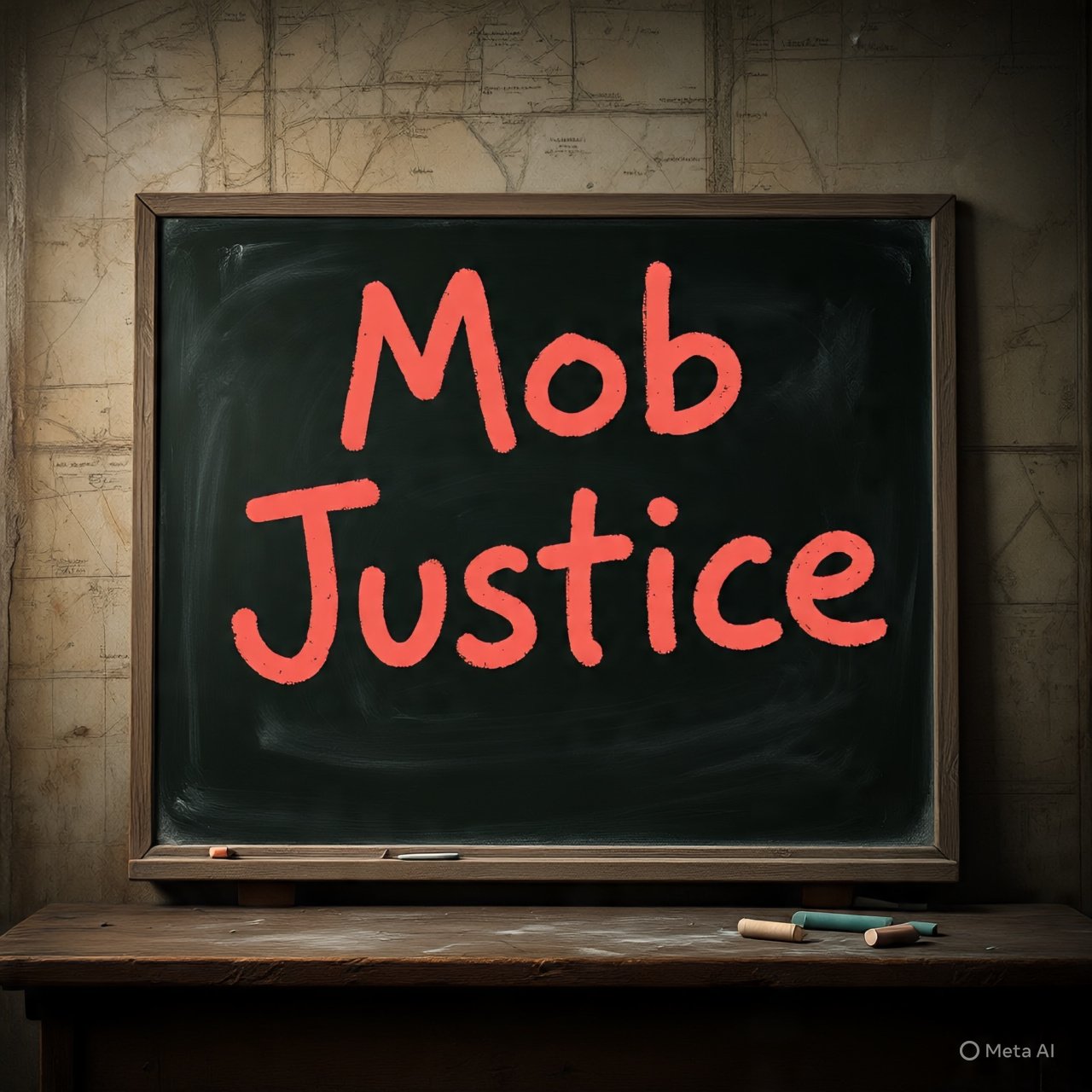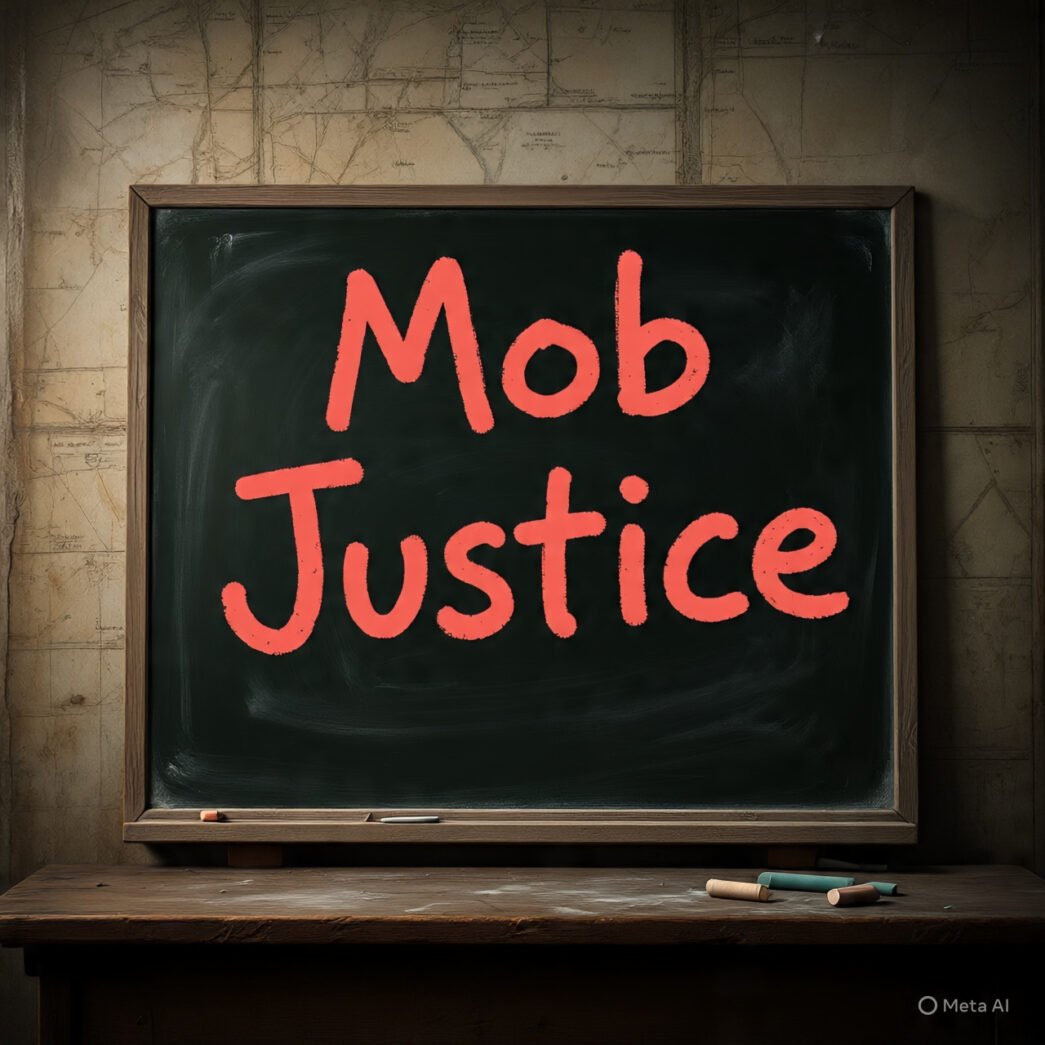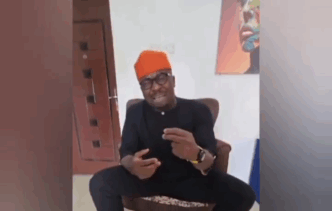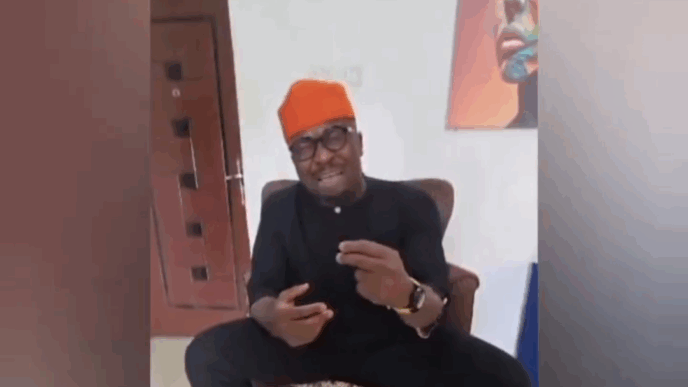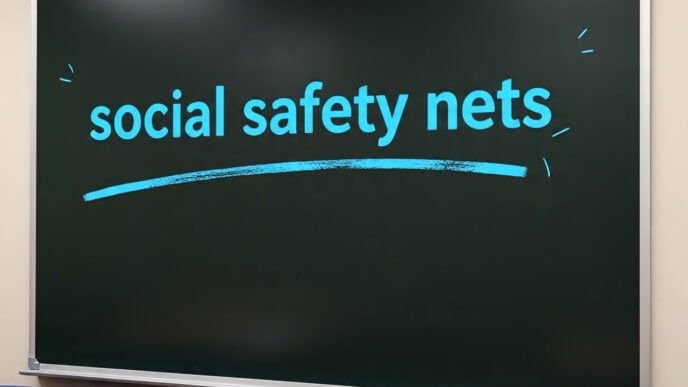BY NUSRAT LASISI
“The failure to prevent mob violence of law enforcement agencies, especially the Nigeria Police Force, to investigate allegations of torture and killings, and bring suspected perpetrators to justice, is empowering mobs to kill. The problem is compounded by weak and corrupt legal institutions and systems.” – Isa Sanusi, Director, Amnesty International
The 1999 Constitution of Nigeria guarantees the right to life, dignity, and fair hearing to all, yet it remains the norm, a disheartening one, to watch a human plead for mercy, a chance for redemption when accused, only to be set ablaze while onlookers treat the horror as though it were entertainment. Every accused person deserves a fair trial, how much more a mentally ill woman who could not even understand what she was being accused of?
Despite the criminal law provision for mentally ill persons, which states that “an individual is not criminally responsible if at the time of the act they were incapable of understanding their actions due to mental illness (insanity defence),” Khadija, a mentally challenged woman, was falsely accused of kidnapping and beaten to death in Ilorin. This highlights something beyond anger—a lack of empathy among people. With rising cases of mental health problems alongside worsening economic hardship, one is forced to ask: Is mob justice really justice, or a symptom of something amiss in society? How safe is a mentally ill patient in the face of a mob seeking an outlet for its anger?
Advertisement
Mob justice, also known as jungle justice, cuts across several cultures and is not peculiar to Nigeria. From ancient Rome to 19th-century America, mob executions occurred. In ancient Rome, in spite of the existence of formal courts, crowds partook in the public execution of people accused of treason or scapegoated for political reasons. America’s lynch law, which targeted men of colour, promoted jungle justice as a form of racial violence. Black men were often accused of crimes against whites, denying them a fair trial.
In Nigeria, jungle justice has roots in precolonial times, where communal governance was the order of the day. Various traditional societies had their own ways of handling crimes. The Ogboni group in precolonial Yoruba society was one of the groups saddled with the responsibility of ensuring justice and maintaining order. Punishment for certain crimes was decided by this group in collaboration with other community stakeholders, such as lineage chiefs, etc, and depending on the severity of the crime committed, judgment was passed openly. For instance, theft as a crime attracted penalties such as fines or community service, while rape or murder attracted death by execution and compensation to the victim’s family. In any case of judgment, members of the community were actively involved as a deterrent to other guilty persons and also to ensure harmony and trust in authorities. This was done to ensure justice and balance in the community. Aggrieved members of society felt a sense of justice when they were carried along in the judicial process and saw justice done.
However, this communal justice was abolished by the British, who not only dethroned chiefs and leaders but also limited their power to ensure justice. This marked the beginning of distrust in traditional authorities and the imposition of foreign judicial systems by the colonial masters. The sluggishness and bureaucratic nature of these courts did not help matters, as the rule of law was alien to the people, and its procedures were unnecessarily complex to those accustomed to instant justice. The growing corruption of these colonial courts further widened the gap of mistrust. Hence, people sought justice themselves, birthing a neo-communal justice marred with fear and violence.
Advertisement
Post-independence Nigeria worsened the distrust between people and the judicial system. The national judiciary inherited the failings of the colonial courts and, rather than reforming them, continued on the same path. Military regimes worsened the situation by suspending the little hope of justice people had in the courts, deciding what was legally right and wrong, abusing human rights, and stifling protest. This high-handedness offered no sense of belonging to the average man seeking justice. The abuse of rights by soldiers became a legacy for other enforcement agencies, especially the police, after Nigeria transitioned into democracy. Police officers were not only corrupt but also became untouchable agents of crime. Criminals arrested today were often back on the streets tomorrow.
All these, coupled with rising urbanisation and elite settlements, which weakened what was left of traditional authority, shattered the remaining trust in the judicial system. By the 1980s and 1990s, jungle justice was as common as Kobo. Suspected thieves and ritualists were “necklaced” with tires and set ablaze. Alleged witches—mostly elderly women, many with underlying mental conditions—were stoned and burnt alive after forced confessions.
From the Apo-6 killings in Abuja on alleged armed robbery in 2005, to the Aluu-4 lynching of four students in Rivers state on theft allegations, jungle justice has long spiralled from being a response to insecurity and corruption into a tool for ethnic and religious clashes.
The killing of Adamu Mohamed, a Hausa trader in Osun in 2019 due to ethnic tension; the lynching of 16 hunters in Edo in April on kidnapping allegations; the lynching of Deborah Yakubu for blasphemy; the lynching of Talle Mai Ruwa, a mentally ill man accused of blasphemy; and now Khadija—another mentally ill woman attacked on kidnapping suspicion—highlight a disturbing pattern.
Advertisement
The failure of Nigerian authorities to protect lives and earn the trust of citizens by ensuring justice, as in precolonial times, has fueled the growing escalation of mob violence, now one of the biggest threats to the right to life in Nigeria. The most recent case of mob justice was done on the basis of religious intolerance. On Saturday, August 30, 2025, a food seller identified as Amaye was reported to have made a blasphemous statement against the Prophet in Niger state. One troubling highlight of this event was the helplessness of the initial police officers, who had earlier had Amaye in their custody but were later overpowered by the irate mob, who whisked Amaye and lynched her.
Although in some instances of mob violence the victims may indeed be guilty, the act of playing jury and executioner undermines the fundamental principle of justice, which comes only from a fair trial. The fact that people with mental health conditions are gradually becoming constant victims calls for stricter sanctions. The use of their disability to elicit false confessions and justify executions shows the depth of collective anger and despair over fairness. The quest for “justice” in a broken system is paradoxical: it is neither fair nor incorruptible. Some cases of mob violence are driven not by crime but by religious or ethnic differences and personal vendettas, as seen in the lynching of Deborah Yakubu.
It is saddening to note, however, that in Khadija’s case, poor public education on mental illness and deep stigmatisation factored in her untimely death. The average Nigerian only recognises “madness” when a patient strips naked and roams public spaces. Conditions such as Dissociative Identity Disorder or psychosis are rarely considered. The association of madness with danger worsens public perception of mentally ill persons. Societal ignorance, avoidance, and the tendency to hide mental illness as a shameful secret do more damage to the protection of vulnerable people.
Although certain legal frameworks exist, such as the Lunacy Act of 1957 (outdated but still referenced). The National Mental Health Act (2021), which recognises the rights of persons with mental illness and provides for community-based mental health services, Nigeria still struggles with enforcement, worsened by deep stigma.
Advertisement
Mob justice cannot be excused under the guise of corruption within the system. Every mob attack is a blatant act of injustice and a failure of communal obligation to victims. It does not matter if indeed the victim was guilty—injustice remains injustice. This is why Nigerian law, although weak in enforcement, criminalises mob action. The act of participating in mob violence fuels the abuse of collective power, violating not only the law but also society’s moral responsibility.
Everyone must be given a chance to defend themselves, regardless of their crime, which is why mob perpetrators should not be excused from legal punishment because of anger at the corrupt system. This would not only promote justice but also save other vulnerable persons. Restorative measures by the government, such as publicised court judgments against guilty persons, could help reclaim the judiciary’s image. In addition, community re-education on mental illness should be encouraged to erase stereotypes. All these can reduce and eventually eradicate rising cases of mob violence.
Advertisement
Nusrat Lasisi is a women’s rights activist, writer and student. She can be reached via email @[email protected]
Advertisement
Views expressed by contributors are strictly personal and not of TheCable.
